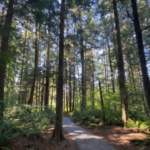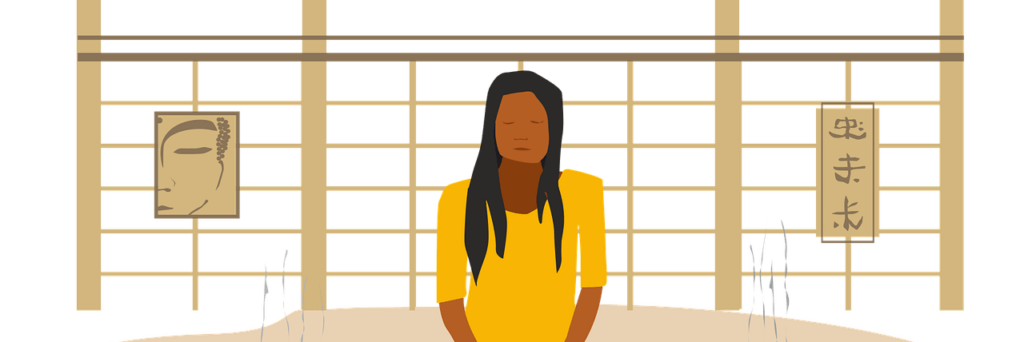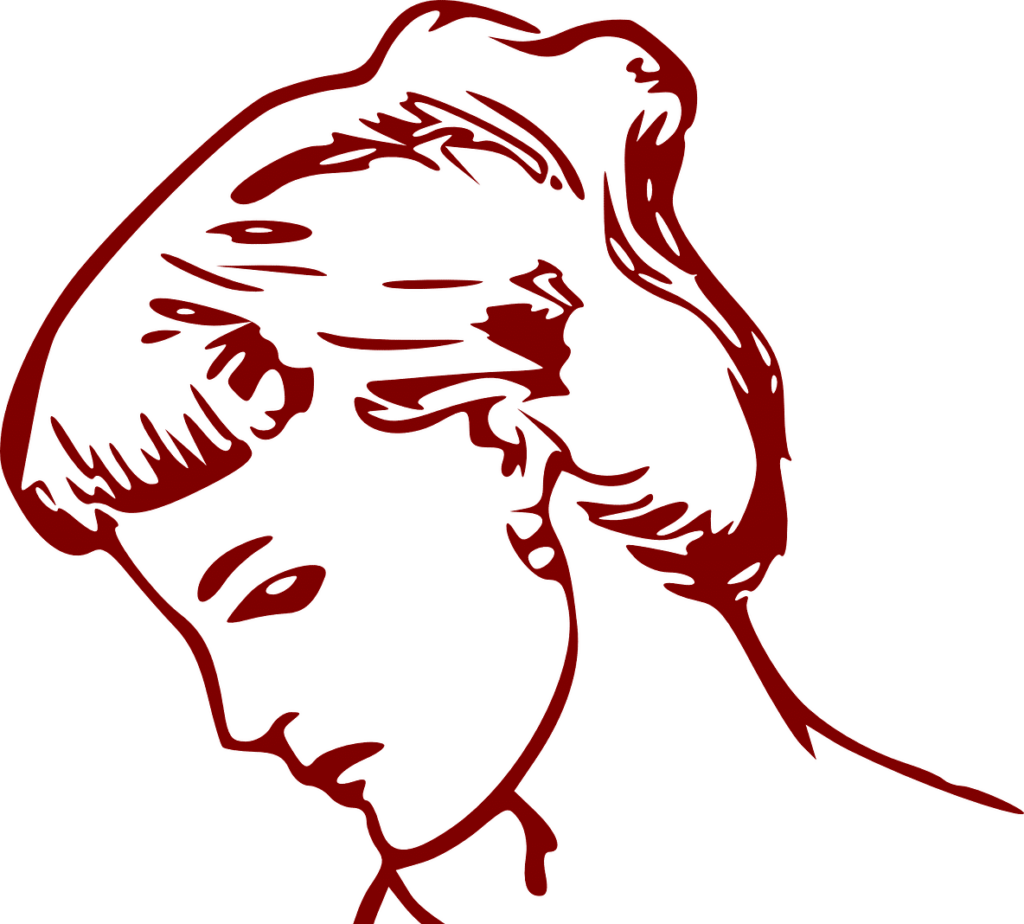
Habits are the automations of human behavior-it’s things we do without much thought or effort given to them. Habits can be really funny, like flipping your pillow to the ‘cold side’ before falling asleep. Habits can be helpful like turning off the lights when you leave a room. Of course habits can also result in a negative effects such as chronic eye rolling or cigarette smoking, and the like.
Routines take more thought and effort than a habit. I currently work with several people who are actively building routines around exercise and practicing yoga. It can take a lot of creative strategizing and commitment on their part. Self-study is important as well as figuring out the simple mechanics of how they will do their desired action (stimulus + action + reward often comes into play).
Personally I am trying to create a habit of washing and prepping vegetables and fruits within the first 24 hours of bringing them home. This takes mental effort, planning and time on my part (those beets won’t boil and chop on their own).
Rituals differ. Rituals are practices that have meaning and purpose behind them. Here’s a ritual I have. I like to take longer walks on the weekends. I love an extended period of time out in nature – I can see the subtle changes with each season and recognize that I benefit from this uplifting calm practice for my mind, body and spirit. When I have to skip this ritual, it feels like my whole self is missing out on something so vital – like I’m malnourished because I haven’t practiced my ritual. These adventurous walks go way beyond “I am exercising” – they fall under the category of “things that make me feel alive.”

Habits are like a drizzle of rain being caught by a pond. If the drizzle keeps going, over time the pond turns into a lake. They can have a profound impact on ourselves, the people and animals around us, communities and systems, and the environment.
Routines are actions we *want* to repeat in our lives, and we are currently in-process with this. If we were apprentice carpenters it would take time for us to learn which tools are more useful over others for complex tasks. Experienced carpenters can grab the right tools automatically – a habit they’ve created over time.
Rather than thinking we’re machines as we build automations, let’s think of ourselves as beautiful creatures capable of changing our behavior, capable of seeing and experiencing meaning in our behavior. We have the capacity to create and see meaning.
It’s important to have habits as they are the functions that help us move along without much energy depletion. It’s also important to question certain habits and create new, more efficient habits via routines.
Routines are truly minds-on, INTENTIONAL, practices that can really transform our human experience. Mindfulness helps us to connect to the NOW. This means going deep into what you already have – yourself and the present moment. It’s in our rituals that we can find ourselves BEING and connecting to what really matters for us.

An example: breathing awareness
For someone starting out, having an awareness of their own breathing can take a lot of effort.
With practice and over time (and learning techniques from master teachers), becoming aware of breath at any time of day or night can become more fluid, natural, and even spontaneous.
And when someone pauses to reflect WHY they want to practice breathing techniques, and experiences some of the deep and profound effects of the practice, and importance of it in their own lives, steadily it can become a beautiful ritual.
What routines are you intentionally taking part in that could one day become a habit?
What rituals do you have that make you feel alive?
What strategies have worked for you in the past to create those hard-earned habits?

